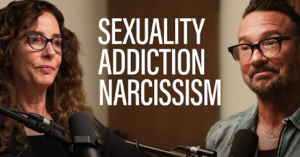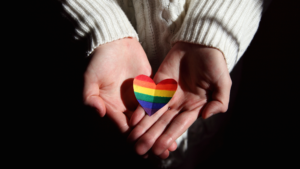Interactive webinar with Surrogate Partner Jane Fleishman, PhD, MEd, MS on I’ll Have What They’re Having: The Science of Sexuality and Aging
Research informs us that older adults are having sex into their 60s and 70s, that they’re enjoying sex, and that sex is good for their health. So who are we to be in denial about older adult sexuality? In this fast-paced and exciting program, Dr. Fleishman describes the current research in the field of sexuality and aging and provides tips for clinicians working with older adults. Highlights include: (1) basic terminology about sexuality for older adults and (2) current research in the field of sexuality and aging.
About Jane
Jane Fleishman, PhD, MEd, MS, is a writer, an award-winning educator, sexuality researcher, and AASECT Certified Sexuality Educator. She earned her M.Ed. and Ph.D. at Widener University Center for Human Sexuality Studies. Her curious nature led to her latest accomplishment, The Stonewall Generation: LGBTQ Elders on Sex, Activism, and Aging. She co-hosts a regular podcast on sex in the second half of life and recently completed a popular TEDx talk, Is It OK for Grandma to Have Sex? She is an out and proud older lesbian and mother of two really fabulous 20-somethings. You can reach her at www.janefleishman.com.
To register for this webinar, simply click here. On the day of the webinar, you can join the meeting starting at 11:45am PT.
To join the webinar by phone, dial: (669) 900-6833 and enter Meeting ID: 891 4764 3069
If you have any questions, please e-mail meliza@centerforhealthysex.com.


